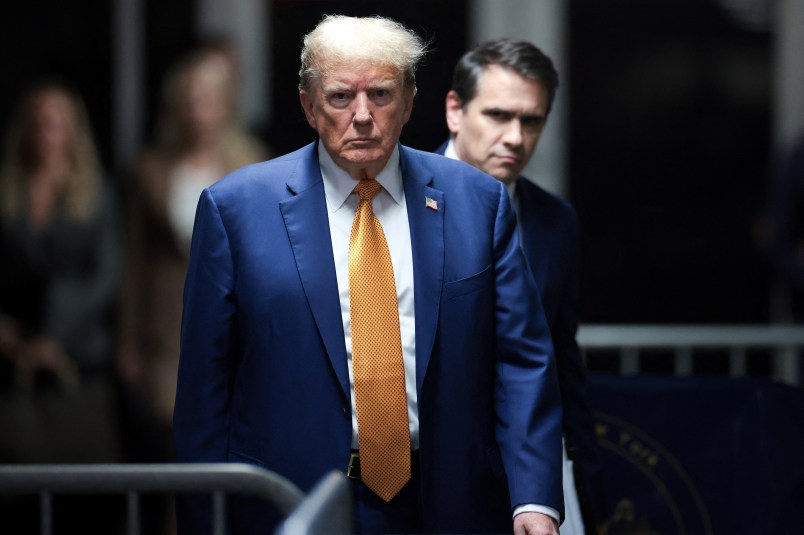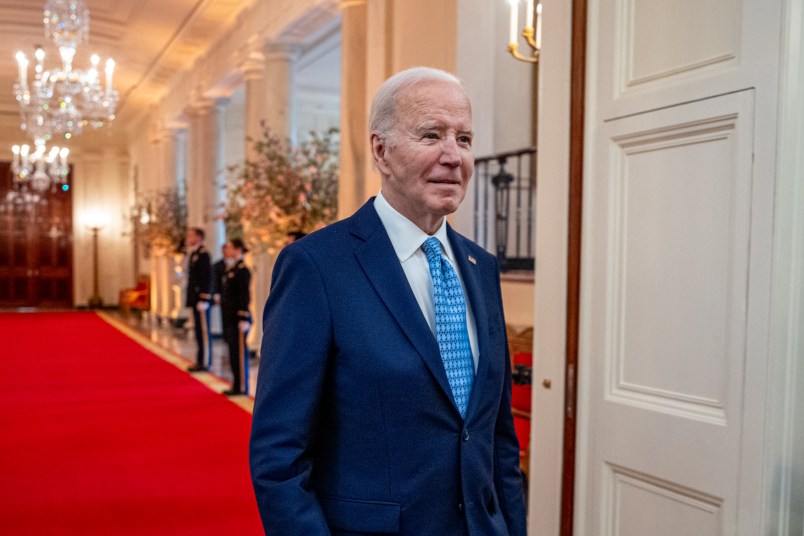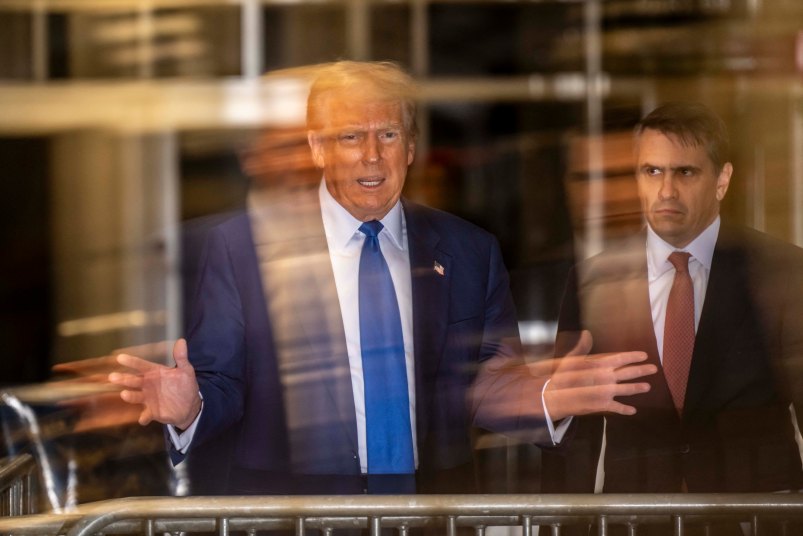Kaufman Opening Statement at Supreme Court Nomination Hearing of Judge Sonia Sotomayor
Welcome, Judge Sotomayor, and welcome also to your family and friends. Like my colleagues, I want to congratulate you on your nomination.
We are now beginning the end of an extraordinarily important process. Short of voting to go to war, the Senate’s constitutional obligation to “advise and consent” on Supreme Court nominees is probably our most important responsibility.
Supreme Court justices serve for life, and once the Senate confirms a nominee, she is likely to be affecting the law and American lives much longer than many of the Senators who confirmed her.
The “advise and consent” process for this nomination began after Justice Souter announced his intent to resign and President Obama consulted with members of both parties before making his selection. It has continued since then, with help from an extensive public debate amongst analysts and commentators, scholars and activists, both in the traditional press and in the blogosphere.
This public vetting process, while not always accurate or temperate, is extremely valuable both to the Senate and to the public. One of the great benefits of a free society is our ability, collectively, to delve deeply into an extensive public record. We’ve seen a wide-ranging discussion of the issues, in which anyone can help dissect and debate even the most minute legal issue and personal expressions of opinion.
In another, less public part of the process, Judge Sotomayor has met with close to 90 percent of the Senate. Those meetings, too, are extremely useful. I know I learned a great deal in my meeting, and I’m confident that my colleagues did as well.
For me, the critical criteria for judging a Supreme Court nominee are the following: A first-rate intellect, significant experience, unquestioned integrity, absolute commitment to the rule of law, unwavering dedication to being fair and open-minded, and the ability to appreciate the impact of court decisions on the lives of ordinary people. Based on what we’ve learned so far, this is an impressive nominee.
Judge Sotomayor, I am confident that this hearing will give this committee, and the rest of the Senate, the information we need to complete our constitutional duty. As senators, I believe we each owe you a decision based upon your record and your answers to our questions. That decision should not turn on empty code words like “judicial activist,” or on charges of guilt by association, or on any litmus test. Instead, we should focus on your record and your responses, and determine whether you have the qualities that will enable you to serve well all Americans, and the rule of law, on our nation’s highest court.
As my colleagues already have noted, your rise from humble beginnings to extraordinary academic and legal achievement is an inspiration to us all. And I note that you would bring more federal judicial experience to the Supreme Court than any justice in over 100 years.
You also have incredibly valuable practice experience, not only as a prosecutor but also as a commercial litigator. In terms of your judicial record, you appear to have been careful, thoughtful, and open-minded. In fact, what strikes me most about your record is that it seems to reveal no biases. You appear to take each case as it comes, without predilection, giving full consideration to the arguments of both sides before reaching a decision.
When Justice Souter announced his retirement in May, I suggested that the Court would benefit from a broader range of experience among its members. My concern at the time wasn’t the relative lack of women or racial or ethnic minorities on the Court, though that deficit is glaring. I was pointing to the fact that most of the current Justices, whether they be black or white, women or men, share roughly the same life experiences.
I am heartened by what you would bring to the Court, based on your upbringing, your story of achievement in the face of adversity, your professional experience as a prosecutor and commercial litigator, and, yes, the prospect of your being the first Latina to sit on the high court.
Though the Supreme Court is not a representative body, we should hold as an ideal that it broadly reflect the citizens it serves. Diversity serves many goals. Outside the courtroom, it better equips our institutions to understand more of the viewpoints and backgrounds that comprise our pluralistic society. Moreover, a growing body of social research suggests that groups with diverse experiences and backgrounds simply come to the right outcome more often than do non-diverse groups that may be just as talented. I believe a diverse Court will function better as well.
Another concern I have about the current Supreme Court is its handling of business cases. Too often it seems to disregard settled law and congressional policy choices.
Based on my education, experience, and inclination, I am not anti-business. But whether it’s preempting state consumer protection laws, striking down punitive damages awards, restricting access to the courts, or overruling 96 years of pro-consumer antitrust law, today’s court gives me the impression that in business cases the working majority is outcome-oriented and therefore too one-sided.
Given our current economic crisis, and the failures of regulation and enforcement that led to that crisis, that bias is particularly troubling. Congress can and will enact a dramatically improved regulatory system.
The President can and will make sure that the relevant enforcement agencies are populated with smart, motivated, and effective agents. But a Supreme Court resistant to federal government involvement in and regulation of markets could undermine those efforts.
A judge, or a court, has to call the game the same way for all sides. Fundamental fairness requires that in the courtroom, everyone comes to the plate with the same count of no balls and no strikes.
One of the aspirations of the American judicial system is that it is a place where the powerless have a chance for justice on a level playing field with the powerful. We need Justices on the Supreme Court who not only understand that aspiration, but also are committed to making it a reality.
Because of the importance of business cases before the Supreme Court, I plan to spend some time asking you about your experience as a commercial litigator, your handling of business cases as a trial judge and on the court of appeals, and your approach to business cases generally. From what I’ve seen in your record, you seem to call these cases right down the middle, without any bias or agenda. That is very important to me.
Very soon, those of us up here will be done talking, and you’ll have the chance to testify, and then to answer our questions.
I look forward to your testimony.








